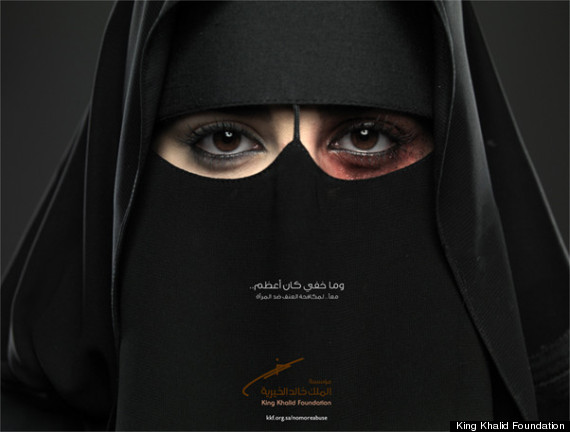By Thomas Murphy
Impunity Watch Reporter, Middle East
RIYADH, Saudi Arabia – On Wednesday, Saudia Arabia’s cabinet passed the “Protection from Abuse” law. The purpose of the law is to protect women, children, and workers from domestic abuse. The law is the country’s first of its kind and has been celebrated by human rights activists.

The law explicitly lays out that physical and sexual abuse both at home and in the workplace are illegal. Anyone found guilty of abuse under the new law may face up to a year in prison and $13,300 in fines.
“This is a good law that serves major segments of the society in the kingdom, including women, children, domestic workers and non-domestic workers,” said Khaled al-Fakher, secretary-general of the National Society for Human Rights, a government-licensed body.
“We are always in favour of an explicit law that does not need interpretations or personal judgment,” said Fakher, whose organisation helped draft the law.
The passage of the “Protection from Abuse” law comes after years of international pressure from other countries, human rights groups, and the United Nations. Local organizations such as the King Khalid Foundation were a driving force behind the law’s passage as well.
In April, the King Khalid Foundation began an anti-abuse campaign that encouraged women report cases of domestic abuse. The campaign’s calling card became an advertisement (shown above) that featured a veiled woman with a bruised eye and the slogan “Some things can’t be covered. Fighting women’s abuse together.” The advertisement quickly gained notoriety for its portrayal of a typically taboo topic.
While the new law is undoubtedly a step in the right direction, many are waiting to see how it is implemented.
Rights activist Waleed Abu al-Khair said the law gives women some independence: “Women were required to bring in a male relative if they showed up at a police station to file a complaint,” he said. This will not now be necessary.
However, women are still required to receive permission from a male guardian to carry out business, apply for jobs, or travel out of the country. Further, women are often accompanied by a male guardian whenever they leave the home, which may inhibit a victim’s ability to report abuse.
For further information, please see:
Al Jazeera – Saudi Arabia outlaws domestic violence – 30 August 2013
Guardian – Saudi Arabia passes law against domestic violence – 29 August 2013
Huffington Post – Saudi Arabia Passes Domestic Abuse Ban For First Time – 29 August 2013
BBC – Saudi Arabia cabinet approves domestic abuse ban – 28 August 2013